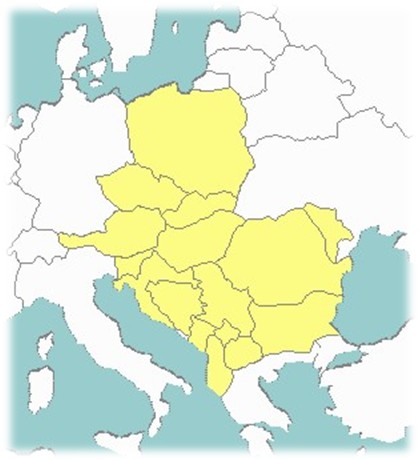









University of Belgrade, Serbia
Faculty of Mechanical Engineering
Department of Materials Technology
Assoc. Prof. PhD Eng. Aleksandar VENCL
Short description, research and educational contributions
The Faculty of Mechanical Engineering (FME) was founded in 1948. Since 2005, the Faculty has introduced a new system of studies with three educational qualification degrees - Bachelor of Science, Master of Science and Doctor of Philosophy. The elective modules for Master study are 21 in various directions of engineering – Naval, Aerospace, Railway, Welding, Biomedical, Biotechnical, Motor vehicles, Hydropower, Thermal power, etc. In FME there are approximately 4900 students. Education and research activities of the Department of Materials Technology (Material Science) include three engineering areas: Engineering Materials and Welding; Tribology; Fuels and Combustion. Department is the carrier of the study program ‘Welding and welded structures Mechanical Production Engineering’ at the bachelor and master level. All activities are realized within following laboratories:
- Engineering Materials and Welding Laboratory;
- Tribology Laboratory;
- Fuels and Combustion Laboratory.
Tribology Laboratory (TriboLab) is dedicated to education and research in all the aspects of tribology. Interdisciplinary character of tribology and presence of tribological processes in most of mechanical systems demand researches in all fields of industry, where tribological activities can achieve significant technical and economical effects. The main teaching and research activities of TriboLab are: Friction and wear characteristics of materials (metals, polymers and ceramics) and their improvements – coatings and composite materials; Lubricants – application, recycling and monitoring; Lubrication systems and failure diagnostic of tribomechanical systems; Tribological characteristic calculation for basic machine elements according to the new methods and standards. These activities will be the topics for contribution of this unit to this project.
Furthermore, the following research activities of TriboLab will be included:
• Investigation of the abrasive wear resistance of welded coatings with standard (ASTM) and non-standard (Scratch test) methods.
• Possibilities of Al-Si alloy tribological characteristics improvements by applying of the Fe-base coatings with anti-wear properties.
• Tribological characterisation of the WC-NiCrBSi and Mo-NiCrBSi coatings obtained with APS (Atmospheric Plasma Spray) technique.
• Development and characterization of the MMCs (Metal Matrix Composites) with Al-Si matrix and various reinforcements (Al2O3, SiC and graphite).
• Development and characterization of the hypereutectic Al-Si alloys obtained with the rheocasting process.
• Possibilities of production and use of vegetable (sunflower) oil base lubricants as an alternative and ecological lubricant solution.


Copyright © 2012-2015, UCTM CEEPUS Tribology
Participating institution - partner





